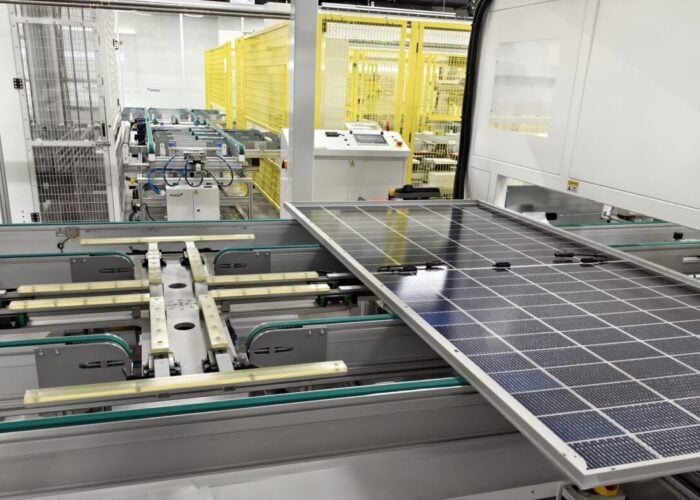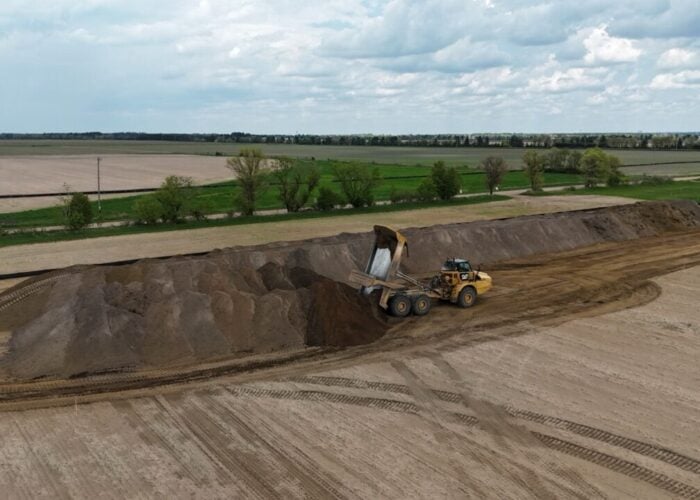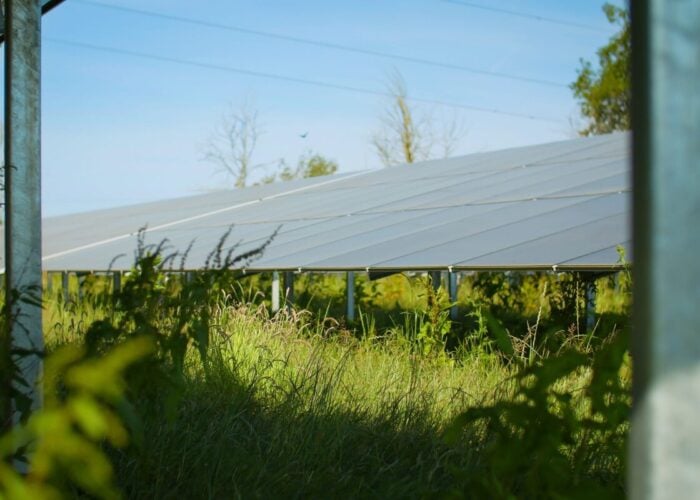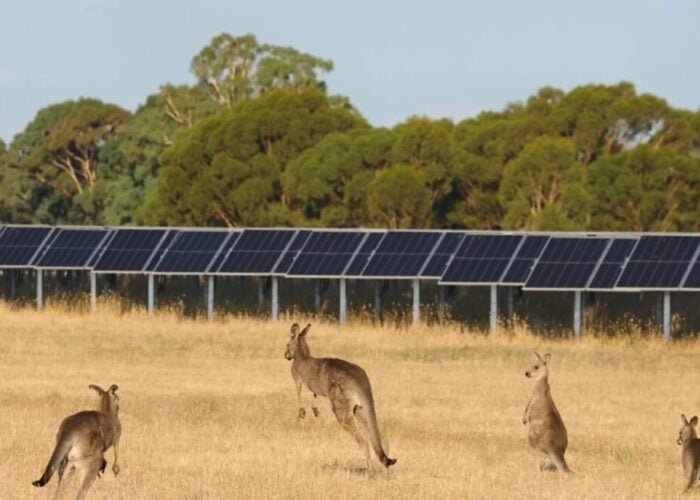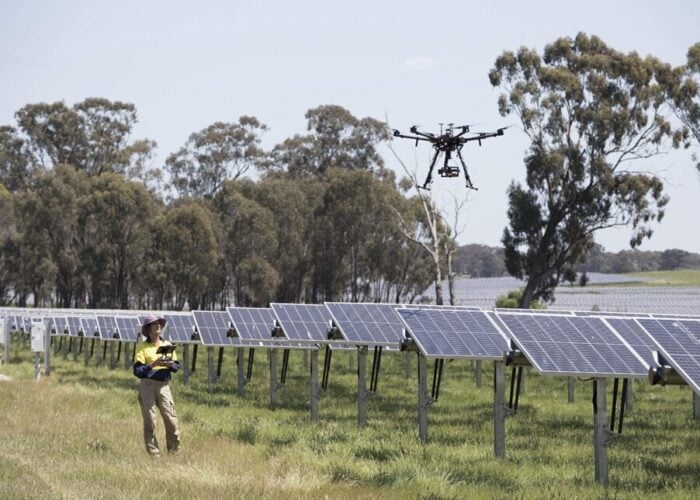A solar energy scientist at the US Department of Energy's National Renewable Energy Laboratory (NREL) who has done pioneering and breakthrough work on thin films and nanostructures, has been elected a fellow of the American Physical Society (APS).
NREL Research Fellow Howard Branz was elected an APS fellow for “seminal research on thin film silicon: defects, metastability, growth processes, nano-structuring and solar cells”, said James Riordan, spokesman for the APS.
Unlock unlimited access for 12 whole months of distinctive global analysis
Photovoltaics International is now included.
- Regular insight and analysis of the industry’s biggest developments
- In-depth interviews with the industry’s leading figures
- Unlimited digital access to the PV Tech Power journal catalogue
- Unlimited digital access to the Photovoltaics International journal catalogue
- Access to more than 1,000 technical papers
- Discounts on Solar Media’s portfolio of events, in-person and virtual
Each year, fewer than one-half of 1% of APS members are accorded the honour, which recognises members who made advances in physics through original research and publication, or made significant innovative contributions in the application of physics to science and technology.
The APS has 50,000 members and works to advance and diffuse the knowledge of physics through research journals, scientific meetings, education, outreach, and advocacy.
Branz is recognised worldwide for his research in nano-structured anti-reflection silicon, solar hydrogen production and defects and diffusion in semiconductors.
He and his National Center for Photovoltaics team won a prestigious R&D 100 Magazine Award in 2010 for black silicon, an way to turn silicon cells black in just minutes and virtually eliminate reflection waste. The process produced a confirmed record of 18.2% efficiency for a nano solar cell.

